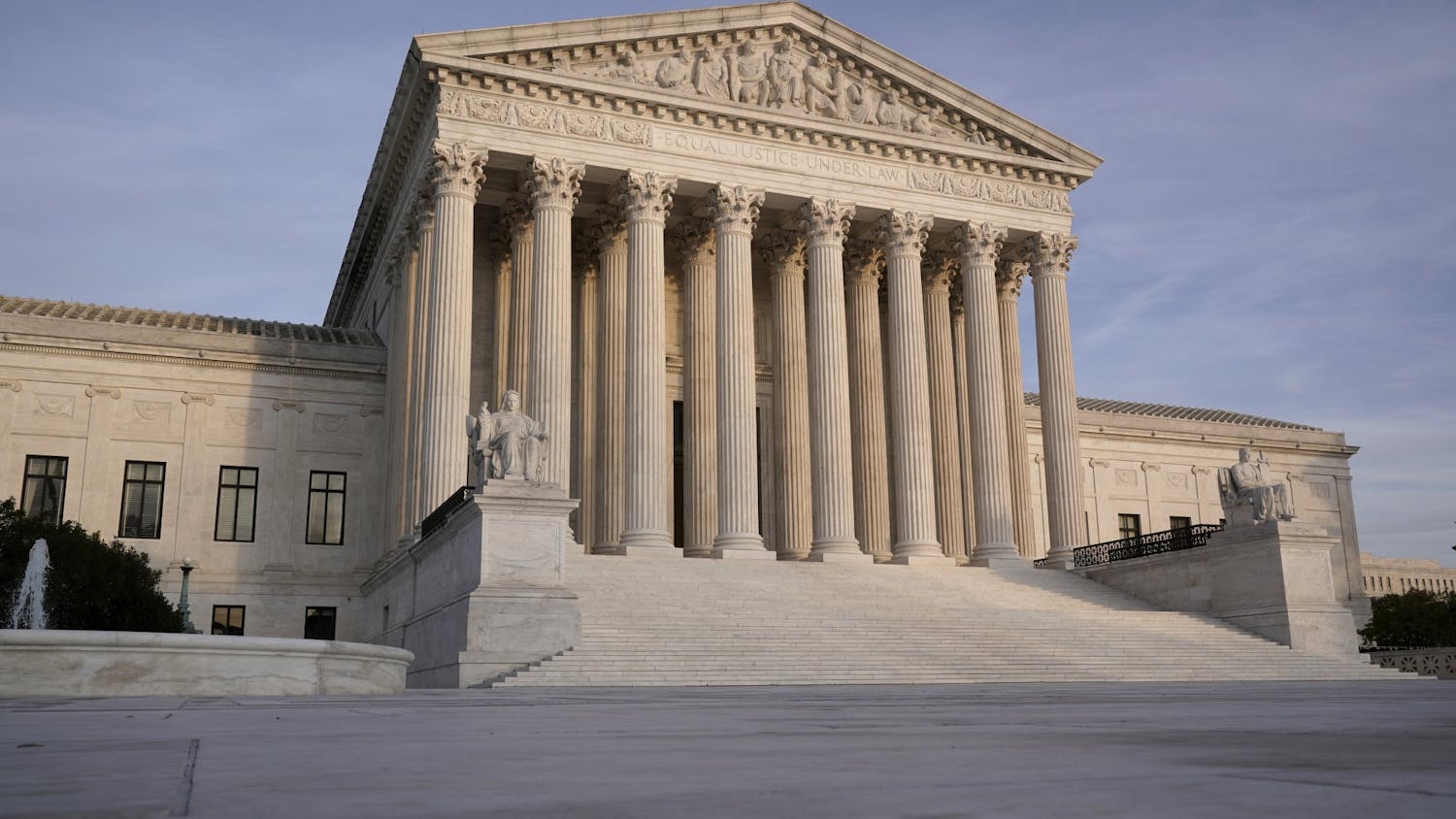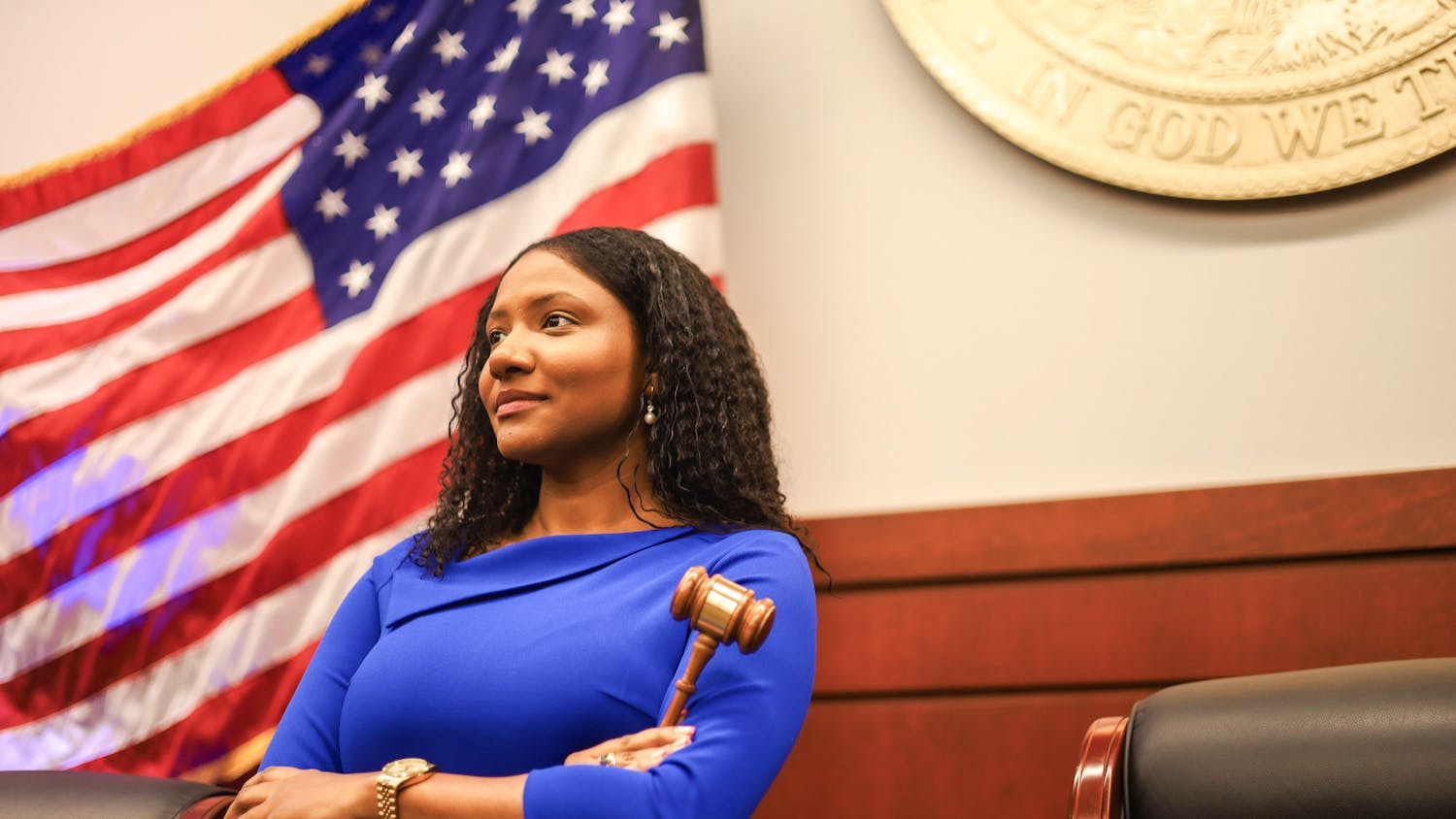In the U.S., the line between where your property rights end and the so-called "public interest" begin have always been a point of contention.
In one instance, the local government of New London, Conn., created a development plan, which they hoped would bring jobs to the town.
The city invoked the Fifth Amendment "takings clause," often referred to as eminent domain, to transfer "blighted" property to some of the developers, one of which was the pharmaceutical company Pfizer.
The only problem was that people still lived in these "blighted" areas and some, like Susette Kelo, did not want to leave. Although the government offered "just compensation" for the property, the house had been in her family for years, with more of an intrinsic value for Kelo.
Kelo took the case all the way to the Supreme Court, in Kelo v. City of New London, where she lost the suit. The jobs, tax revenue and development the city promised to its residents never materialized because Pfizer later relocated.
Recently in Brooklyn, N.Y., residents complained that a Halloween decoration outside of a home, depicting a scarecrow hanging from a tree, was offensive.
In response, City Councilman Charles Barron, D-Brooklyn, said, "You ain't speaking for this whole community because some people on this block came by and said it was offensive. They came and said it was offensive. It's not a cool decoration."
Poor grammar aside, Barron's main argument is that the display offended the community, and that this reasoning was sufficient enough for the police to remove the decoration from the private property, which they did.
What do the two incidents have in common?
Both Councilman Barron and the City of New London seem to have the interests of their respective communities at heart.
However, they seem to be suggesting that the rights and interests of the private property owners can be sacrificed if the purpose somehow benefits the community at large.
But, as in the Kelo v. City of New London case, this does not always seem to occur.
What community interest was served when the City of Parma, Ohio, told Wesley Wood that he could no longer grow and sell vegetables from his property because it is illegal to run a food business out of a yard?
Wood was selling the vegetables he grew on his property to local residents who voluntarily purchased them.
Like life and liberty, the ability to own, sell, use and dispose of private property is a fundamental human right. Private property serves man's life and his liberty, by giving him the ability to engage in trade, providing him with the goods and services he needs to live.
Sometimes we find that this "public interest" is both difficult to define and hard to achieve.
But when the government becomes the ultimate authority of when, where, what and how we can use our private property, we lose both the right to our liberty and, subsequently, our life.





